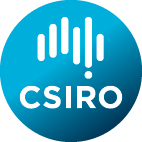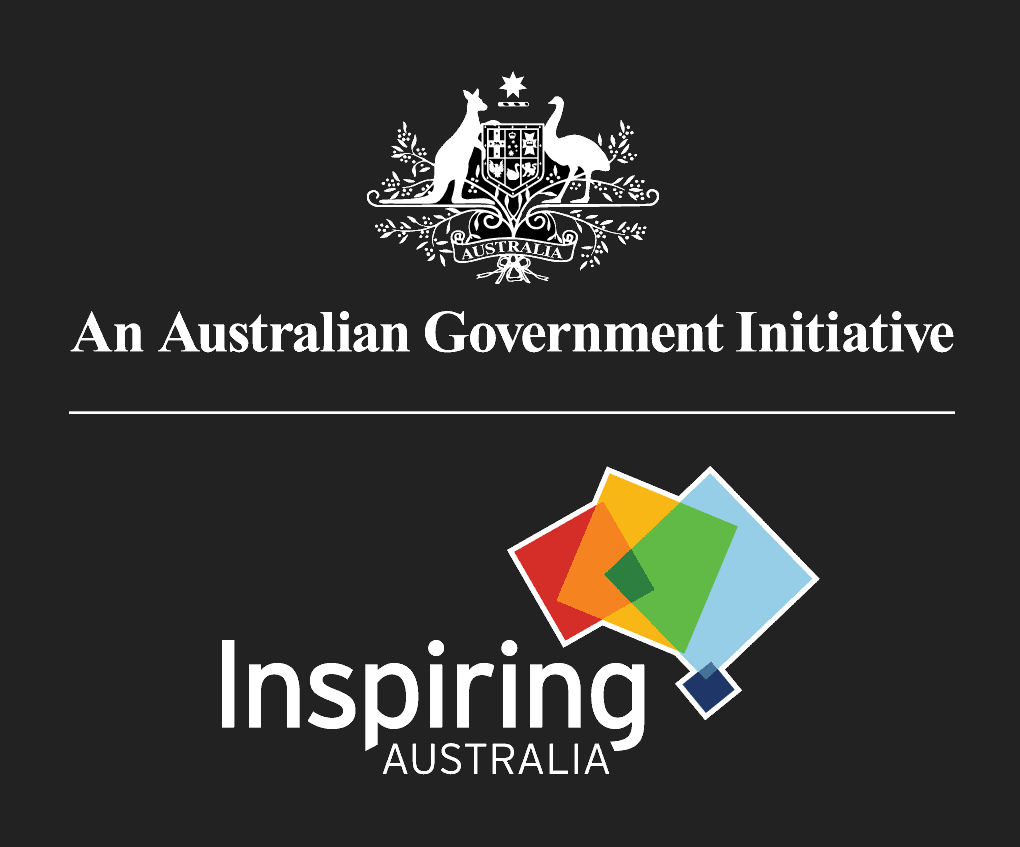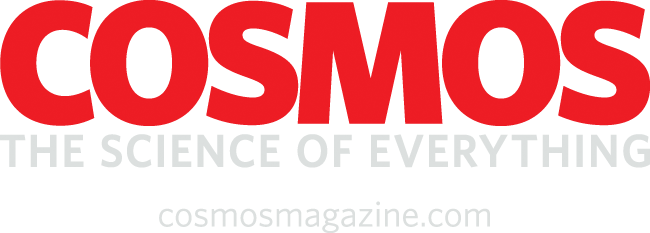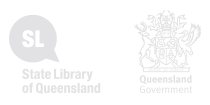When
Wednesday 5th Feb, 12:00 pm
Where
Auditorium
Hashtag
#W11
Speaker
Kohei Ishigami
Authors
Kohei Ishigami, Mzamose Gondwe, Tess Williams and Nancy Longnecker
Abstract
Storytelling is not widely used in formal science education. This may be because of a view that narrative communication lacks objectivity due to use of narrative elements such as character and storyline. Despite this, study around the advantage of narrative in communicating scientific information is important and a theoretical framework is being established.
We report quantitative measures of effectiveness of narrative by comparing student recall of scientific information after delivery via a narrative or via a list of facts. Students in a large first year university class (n=443) were provided the same scientific information as either a story or as a list of facts. They answered an online quiz three times to test their recall of information over the short term (immediately and one week later) and medium term (after eight weeks).
In the short term, students who received the information via the story had similar quiz scores to those who received the facts. This indicates that reading the story did not ‘distract’ from the purpose of learning. After eight weeks, the students who received the information via the story had better quiz scores, supporting the claim that narrative can be a valid manner of communicating scientific information, even in a formal education setting.

